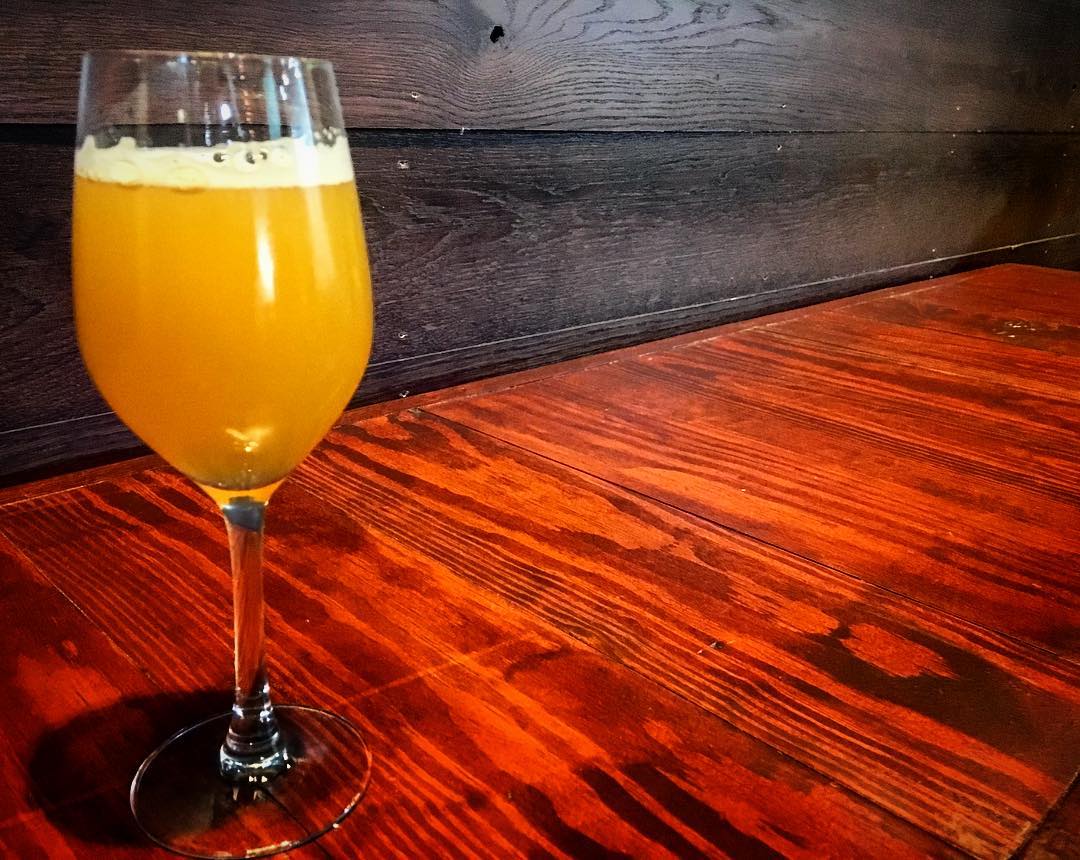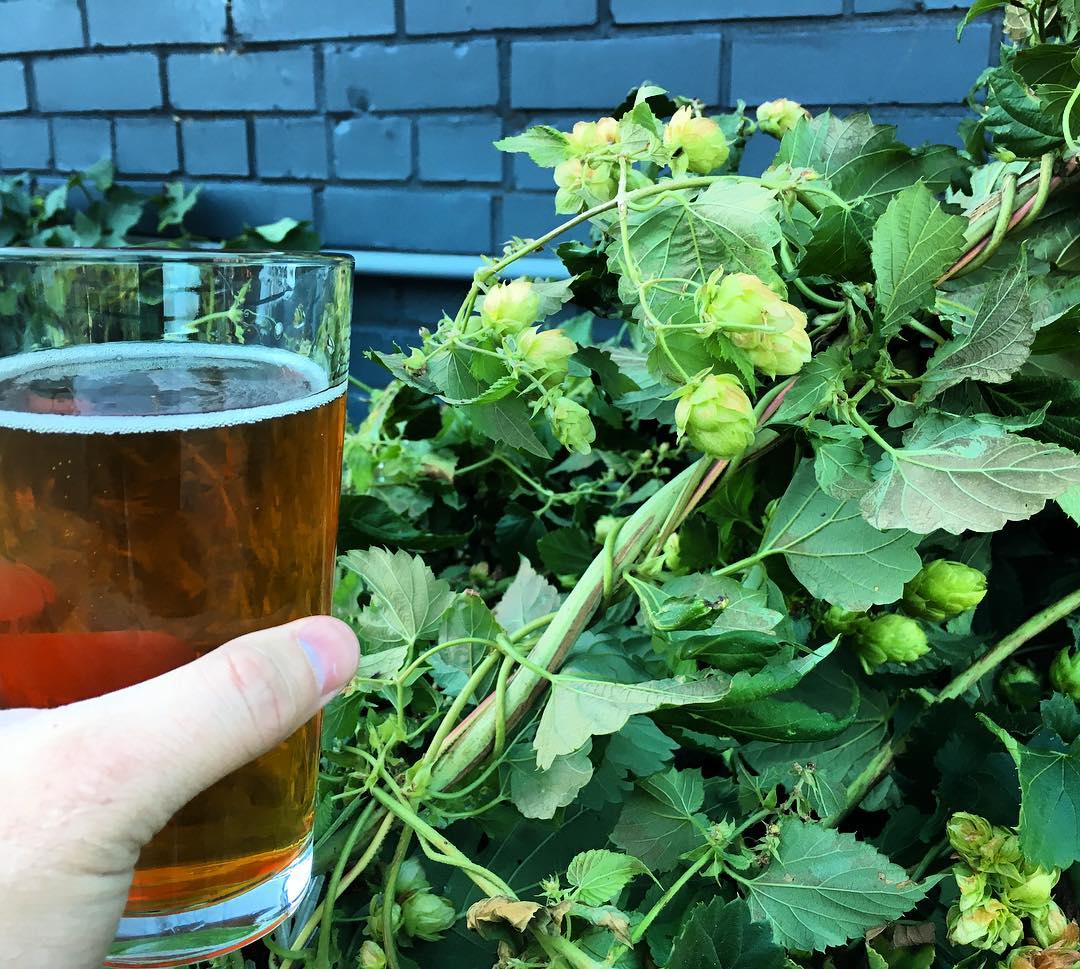|
DISCLAIMER: This post does not constitute tax advice. It merely sums up changes in the alcohol beverage excise tax laws to assist businesses in planning for the changes. Excise tax for each company must be calculated upon numerous issues. If you have questions, please speak to your tax professional. And if you have any operational questions about how this affects your business, please contact BBL. Happy New Year! One of my goals for 2018 is to blog regularly instead of just a few times a year. Hopefully, you’ll find some of the information useful. Today, I’ll talk about the new federal excise tax cut for alcohol producers. Next time, I’ll address the new nonprofit donations law in South Carolina. So, let’s get going! You’ve probably seen something about this on the news wires lately. It’s hard to escape anything related to politics these days, and no matter where you fall on the political spectrum, the new tax law certainly sparked some conversation. So, what does it have to do with alcohol producers? Well, first let’s talk about the federal excise tax and what it is. What’s the federal excise tax? Excise taxes are narrowly based taxes on consumption, which are levied on specific kinds of goods, activities, and services. They are usually assessed on either units (think barrels of beer) or price percentage (think airline tickets). For alcohol, excise taxes are collected from either producers or wholesalers, and are usually passed on to the consumer in the price of the goods. Is that clear as mud? Ok, here is a Wikipedia article if you want to dig in a little more: https://en.wikipedia.org/wiki/Excise_tax_in_the_United_States Ok, how about this? Let’s talk only about producers since they are the ones affected mainly by the new law. So, when a producer - brewer, vintner, or distiller - manufactures alcohol, the federal government requires them to keep certain paperwork about the manufacture - It varies depending on what kind of alcohol you’re producing and how strong it is. But, when it comes down to it, the federal government wants to see how much alcohol you’re producing and selling, and then have you pay tax on it. So, if I make 30 barrels of beer and sell them all out of my taproom, then I’m required to report that in an operations filing, and then pay the federal excise tax on those 30 barrels. That report goes to a part of the government called the TTB - which stands for the Alcohol and Tobacco Tax and Trade Bureau. This is the part of the federal government that oversees the alcohol industry and regulates it. The tax goes where all taxes go - to Uncle Sam. What is the new law? The new tax law (the Tax Cuts and Jobs Act of 2017) that was signed on December 22, 2017, incorporated a bill called the Craft Beverage Modernization & Tax Reform Act. If you follow me on social media, this is the bill that I go to Washington, D.C. every year to advocate for - as to many in the beverage industry. This legislation has been championed by the Brewers Association and many other trade associations (including those for wine and spirits) for quite a few years. In fact, in some form, BA has been pushing for this law change for about 10 years. Anyhow, the new law took effect on New Year’s Day. Because of the way the legislation had to be setup, the changes are only good for 2 years - meaning that they will sunset at the end of 2019. So, the law that was just on the books as of a few days ago will return again in 2020 unless it becomes permanent. And there is that chance, but who knows? Yes, but what does the new law do?! Ok. Here’s what it does. The law dramatically lowers the tax rate on alcohol. So, your favorite kinds of alcohol get taxed in different ways. To get specific: Beer: Beer gets taxed at a standard rate on the number of barrels produced by a brewery. And just so we’re clear, a barrel is about 31 gallons beer. The federal excise tax on beer is reduced to $3.50/barrel (from $7/barrel) on the first 60,000 barrels for domestic brewers producing less than 2 million barrels annually. For those over that amount, the tax is reduced from $18/barrel to $16/barrel on the first 6 million barrels. To be clear, every brewery in South Carolina falls into the first category and will have their taxes cut in half. Spirits: Spirits get taxed at a standard rate per “proof gallon” produced. What’s a proof gallon? That’s a spirit that is 50% ABV. Rates get adjusted if you’re over or under that number. So, if you’re less than 50% ABV, then you get taxed less, and if you’re over 50% ABV, then you get taxed more. So, the tax rate for distilled spirits is reduced from $13.50 a proof gallon to $2.70 on the first 100,000 gallons removed during each calendar year, and to $13.34 on additional gallons up to 22,130,000. For perspective, let’s say a distiller only does 750s. Typically, a case of that would have 12 bottles, and that would equal about 2.3 gallons per case. So, most likely, all South Carolina distilleries would fall into the first category. Wine: Wineries get taxed at a standard rate per gallon of wine, but it’s done based on a scale of rates which vary depending on ABV and the type of wine produced. And of course, for vintners, the reductions vary depending on the number of gallons produced and the ABV. It’s actually the first reduction in excise taxes on wine in 80 years. All vintners will get a tax credit between $0.53 and $1.00 per gallon on the first 750,000 gallons. For the first time, sparkling wine is eligible to get that tax credit. Cider producers will also be able to get a proportionate tax credit. Other changes will include changing the way wines with 14% to 16% ABV are currently taxed - to $1.07 per gallon. Wines between 16% and 21% ABV are taxed at $3.57 per gallon. Ok, enough math. The best thing to say right now is that with the change, any alcohol producer should be assessing their operations to get the most out of this current temporary tax cut over the next two years. There is no guarantee that this will become permanent, nor that alcohol will be cheaper. BROOK BRISTOW Brook Bristow is a South Carolina-based lawyer at Bristow Beverage Law, who primarily counsels companies in the alcohol industry on business and employment laws, as well as on compliance, licensing, and intellectual property. You may reach him directly at [email protected]
3 Comments
|
AuthorBrook Bristow is a South Carolina-based lawyer at Bristow Beverage Law, who primarily counsels companies in the alcohol industry on business and employment laws, as well as on compliance, licensing, & intellectual property. You may reach him directly at: [email protected] Archives
April 2024
Categories |




 RSS Feed
RSS Feed